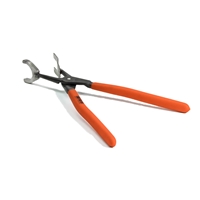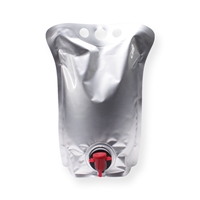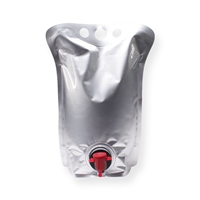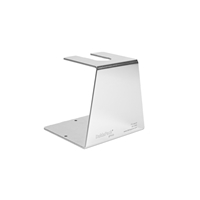Colour
-
Format
-
-
219 mm x 297 mm(1)
Material
-
-
3mm Aluminium(1)
-
Glossy Aluminium(2)
Transparency
-
-
Non transparent(2)
Thickness
-
-
154 mu(2)
Content
-
-
1500 ml(1)
-
3000 ml(1)
Pouches for wine
(4)Flexible Packaging for the Wine, Spirits and Cocktail industry.
DaklaPack had repeatedly received requests to develop flexible packaging for the wines, spirits and cocktails market – the key focus being extending shelf life, reducing packaging volume when empty – and reducing the waste once the product had been consumed.
So we developed a range of items, available from stock! from just 100 pieces per size - Complete with an easy to use dispenser with tamper jacket.
We also have a range of filling aid equipment which isnt entirely necessary
Advantages of packing wine into flexible packaging instead of more traditional methods.
There are several advantages of packaging wine in flexible packaging as opposed to traditional glass bottles, including:
A significant weight and reduction & savings on shipping Costs: Flexible packaging, such as wine pouches or wine bag-in-box, is significantly lighter compared to glass bottles. This leads to reduced shipping costs, as lighter packaging requires less fuel for transportation, resulting in lower carbon emissions and reduced transportation costs.
Increased Shelf Life! flexible packaging can provide a higher level of protection against oxygen and light, which are the two main factors that can deteriorate wine quality. This can result in a longer shelf life for wine, allowing it to maintain its freshness and flavor for a longer period of time compared to glass bottles.
Convenience and Portability flexible packaging offers convenience and portability, as it is lightweight, easy to handle, and often comes with a convenient tap or spout for pouring. This makes it ideal for outdoor events, picnics, camping, and other situations where glass bottles may be inconvenient or prohibited.
Cost-effective Packaging flexible packaging can be more cost-effective compared to glass bottles, as it typically requires fewer materials and energy to produce. Additionally, flexible packaging can be more efficient in terms of space utilization during transportation and storage, leading to potential cost savings.
Sustainability flexible packaging is often considered more environmentally friendly compared to glass bottles. It typically requires fewer resources to produce, generates less waste, and has a smaller carbon footprint due to its lighter weight and reduced transportation requirements. Additionally, many flexible packaging options are recyclable, and some even offer innovative designs that allow for easy separation of different layers, making recycling more efficient.
Innovative Design Options flexible packaging allows for innovative design options, such as customizable shapes, sizes, and printing capabilities, which can help wine brands differentiate themselves on the shelf and create unique packaging experiences for consumers.
Less breakages leading to potential hazards - glass bottles are prone to breakage during transportation, storage, and handling, which can result in wine spoilage and loss of product. Flexible packaging eliminates the risk of broken glass, reducing the chances of wine spoilage and minimizing product waste.
Overall, packaging wine in flexible packaging offers various advantages, including lower weight and shipping costs, increased shelf life, convenience and portability, cost-effectiveness, sustainability, innovative design options, and breakage reduction, making it an attractive alternative to traditional glass bottles for many wine producers and consumers.
Would you like to keep informed about the latest developments regarding our packaging and services, special offers and other interesting information?
Register for our newsletter by entering your email address below.
 +33 (0)4.68.89.49.74
+33 (0)4.68.89.49.74
 info@daklapack.es
info@daklapack.es
 5-10 Days delivery time
5-10 Days delivery time








